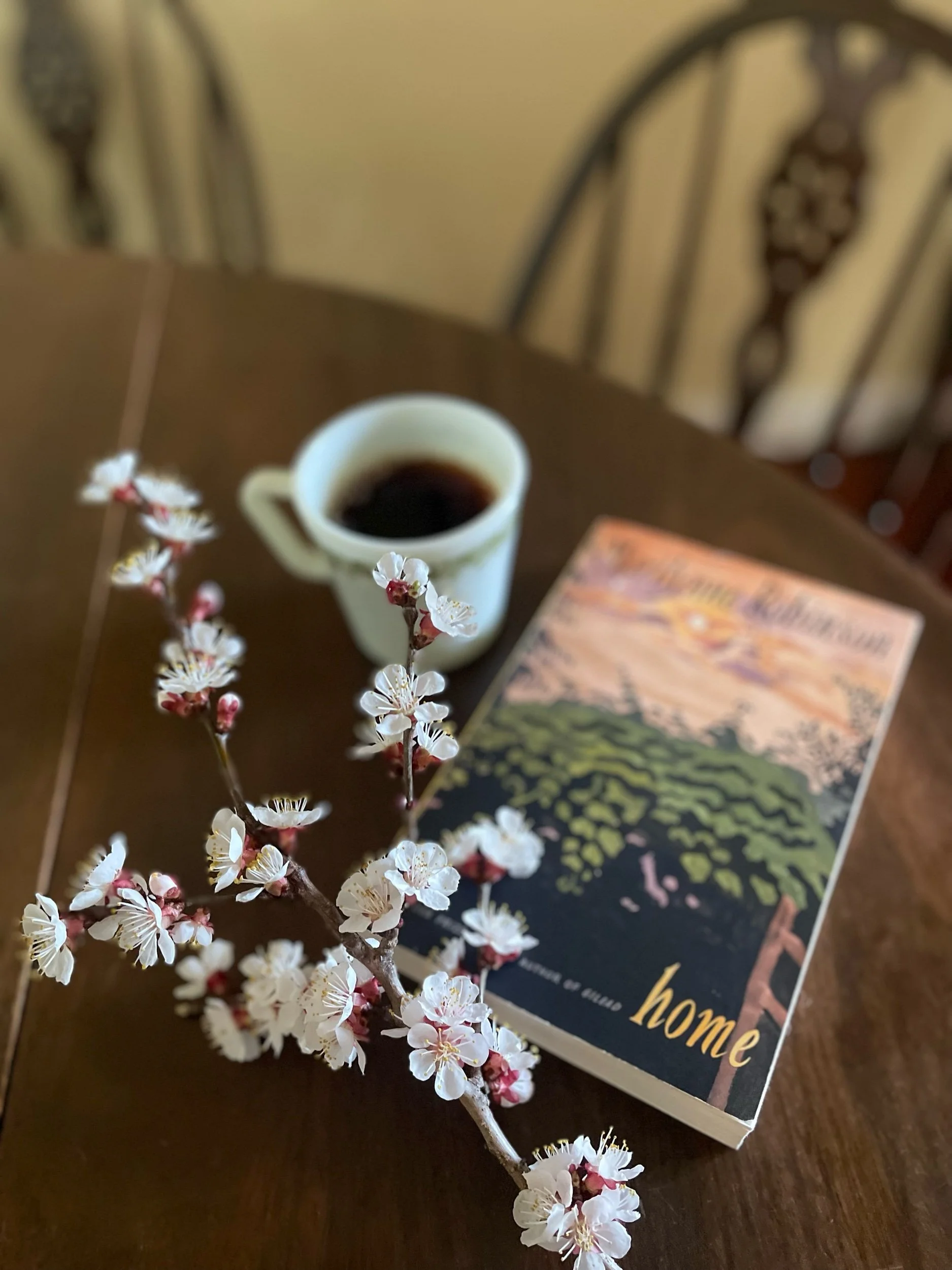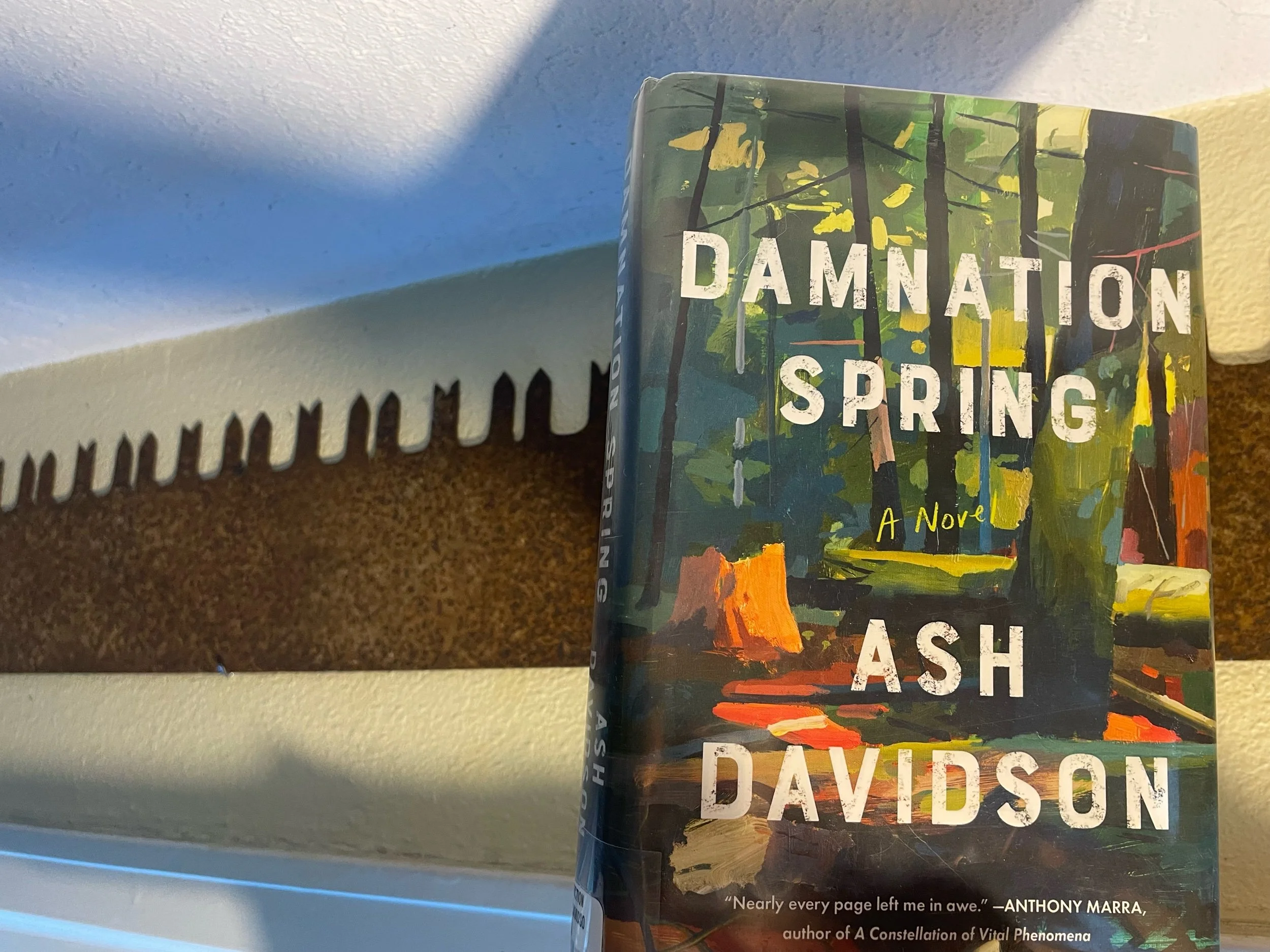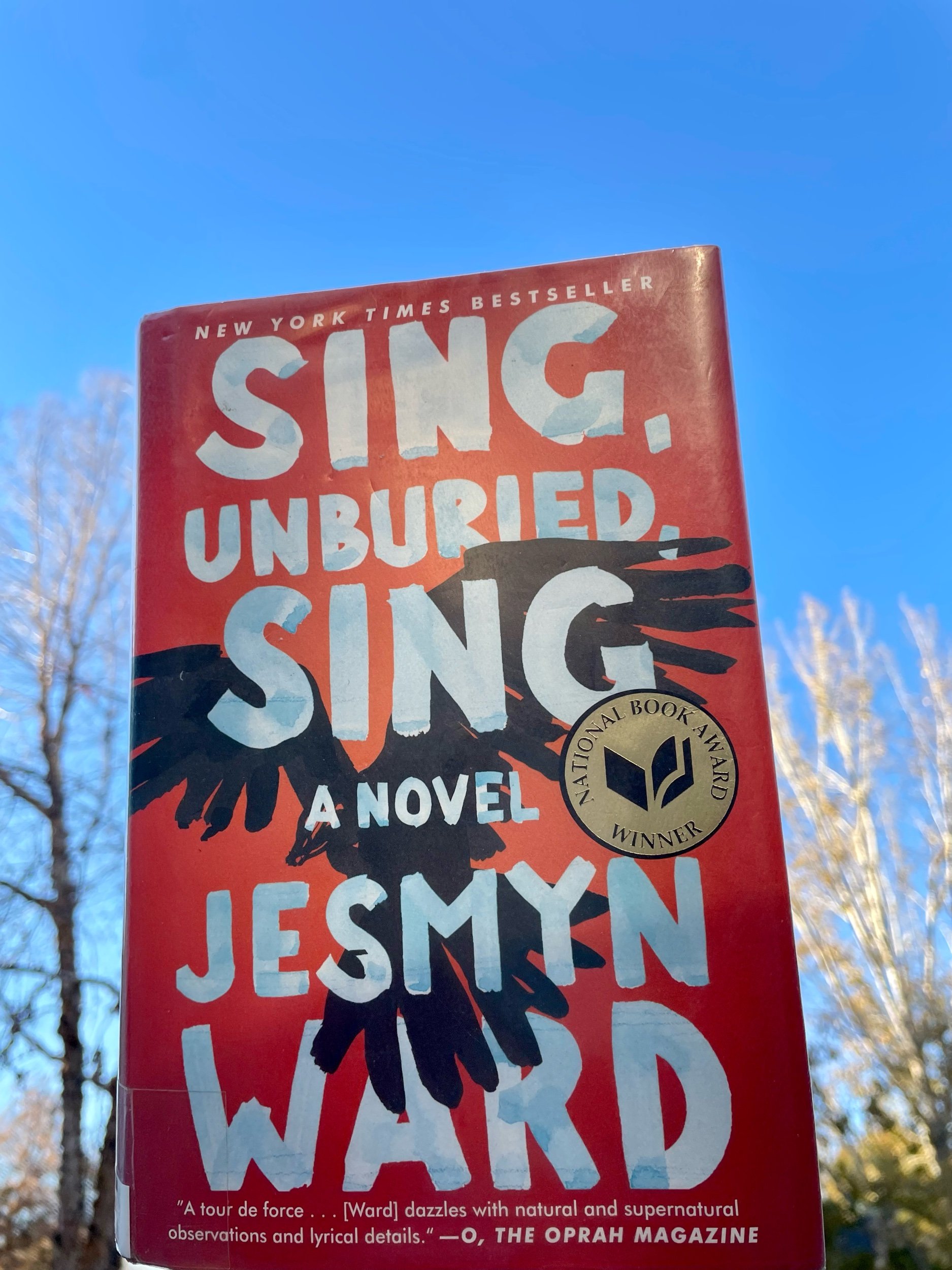Home
Nearly every family has an itinerant, trouble-maker among its ranks. Sometimes entire branches of a family tree comprise the black sheep; other times a single leaf stands out as an outsider who struggles to thrive despite the relative comfort and success of siblings and parents. Marilynne Robinson’s Home (2008) is the story of a family with a son whose sorted past and heavy heart, continue to define and limit him well into middle age. As his father—“Reverend” to even his sons— faces the final journey after a long and upstanding life, Jack returns home to the town of Gilead, Iowa to face his inner demons and the setting for his earliest shame. This novel tells the story of his return, reception, and renewal. Robinson writes this novel, the second of four in the Gilead series, alternating close third-person perspectives between Jack, the wayward son, and his youngest sister Glory.
Readers meet the Boughtons through the lens of Reverend John Ames’s novel-length letter to his young son; that is we meet them from the outside in Robinson’s Pulitzer-prize-winning Gilead (2004). Home examines the pain, shame, and self-doubt experienced by both Jack and Glory, albeit in very different terms and circumstances, as they return home under the guise of caring for their father. Jack’s story is complex and fraught with addiction. It also weaves in the advent of the Civil Rights movement and mid-20th-century race relations in America. Glory’s story is one of disappointment and the limitations she experiences on account of her gender.
This novel is a beautiful tribute to the healing power of family and the individual journey of each individual member. It witnesses the deep grief that comes with familial love as well as the connection. Siblings find hope and renewal in each other and by working the earth. Jack and Glory’s story in Home follows their inner paths as they steward each other through quiet crises and their father through his final days. It is an eloquent and moving read; one I recommend to any loves of contemplative, family dramas. Now I can’t wait to continue the Gilead quartet by reading Lila (2014) and then Jack (2020).
Bibliography:
Robinson, Marilynne. Home. Picador: 2008.
A Few Great Quotes:
“Was this what they had always been afraid of, that he would really leave, that he would truly and finally put himself beyond the reach of help and harm, beyond self-consciousness and all its humiliations, beyond all that loneliness and unspent anger and all that unsalved shame, and their endless, relentless loyalty to him?
Dear Lord. She had tried to take care of him, to help him, and from time to time he had let her believe she did. That old habit of hers, of making a kind of happiness for herself out of the thought that she could be his rescuer, when there was seldom much reason to believe that rescue would have any particular attraction for him. That old illusion that she could help her father with the grief Jack caused, the grief Jack was, when it was as far beyond her power to soothe or mitigate as the betrayal of Judas Iscariot” (247-48).
“Home. What kinder place could there be on earth, and why did it seem to them all like exile? Oh, to be passing anonymously through an impersonal landscape! Oh, not to know every stump and stone, not to remember how the fields of Queen Anne's lace figured in the childish happiness they had offered to their father's hopes, God bless him” (282).






